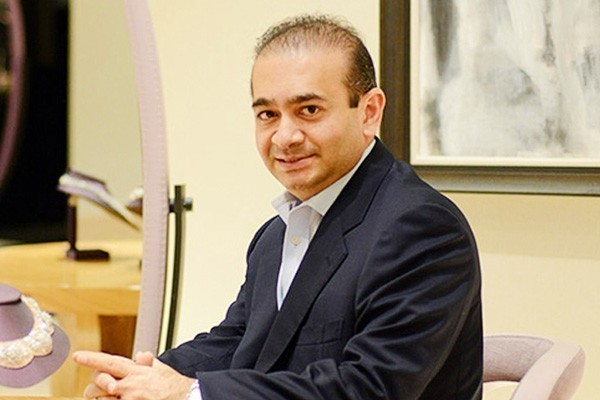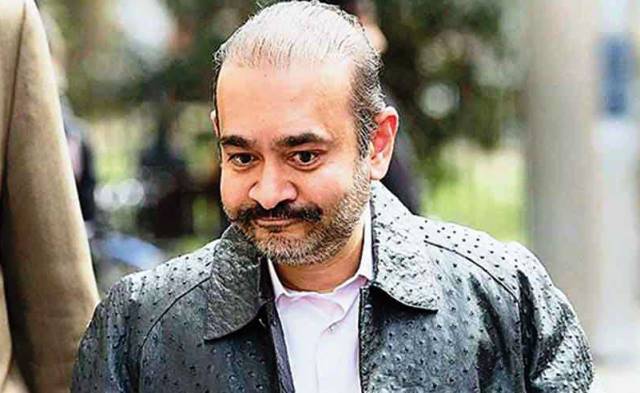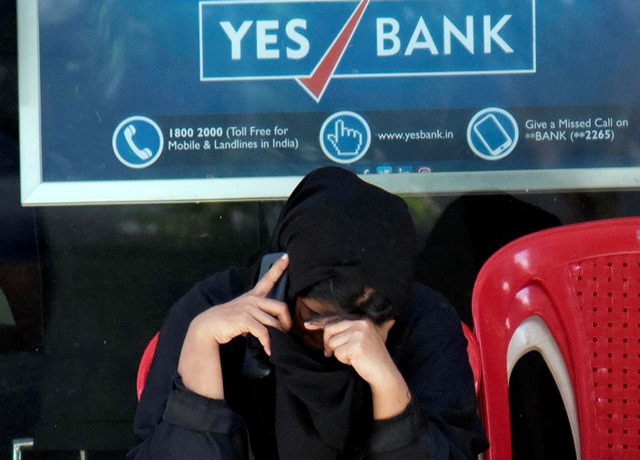The UK Supreme Court on Thursday denied fugitive diamantaire Nirav Modi’s plea against his extradition to India.
Modi lost the bid to take his fight against extradition to India on charges of fraud and money laundering to the UK’s Supreme Court.
“The appellant’s application for permission to appeal to the Supreme Court is refused,” Lord Justice Stuart Smith said in his statement.
The diamantaire, who fled India in 2018 before details of his alleged involvement in large-scale fraud at the Punjab National Bank became public, has argued there is a high risk of suicide if he is extradited.
In November, Nirav Modi filed an application before the UK High Court for permission to appeal against his extradition to India in the UK Supreme Court. He lost the appeal on Thursday to take his fight against extradition to the UK Supreme Court.
Nirav Modi reportedly filed an application in the High Court in London, seeking permission to appeal against his extradition order, two weeks after a UK court dismissed his plea against extradition back to India.
On November 9, Nirav Modi lost his appeal against extradition to India with a United Kingdom court dismissing his plea. Earlier, the High Court of London (United Kingdom) dismissed the appeal of Nirav Modi, who is wanted in India to face money laundering and fraud cases.
The Ministry of External Affairs (MEA) later welcomed the UK High Court’s decision to reject Nirav’s plea.
“India has been vigorously pursuing the extradition of economic fugitives so that they face justice in India. We welcome the decision of the UK High Court. We want to bring him to India as soon as possible,” said MEA spokesperson Arindam Bagchi during a press conference.
Nirav Modi, who is a prime accused in the Rs 13,500 crore PNB scam, had fled India. He lost his appeal after he had moved the High Court in London against extradition on mental health grounds.
The bench of Justice Stuart Smith and Justice Robert Jay of the High Court said there are “no features of psychotic illness”.
The court rejected Nirav Modi’s counsel’s claims that he will die by suicide due to severe depression and said “Nirav Modi neither is nor is very likely to be at the most severe end of the scale of depressive illness”.
“He has so far displayed no features of psychotic illness. Although he has exhibited persistent suicidal ideation, he has neither attempted suicide or deliberate self-harm nor disclosed plans to do so, except in the vaguest and general way,” the court said.
The High Court also noted the steps taken to render Barrack 12 safe and to ensure that there is effective constant monitoring to reduce both the risk of attempted suicide and the prospect of suicide being committed.
The court noted that the Government of India sought the appellant, Nirav Deepak Modi.
Nirav Modi last year had moved the UK High Court against District Judge Sam Goozee’s Westminster Magistrate Court ruling in favour of his extradition. He is presently behind bars at Wandsworth Prison in southeast London. (ANI)
Read More: http://13.232.95.176



